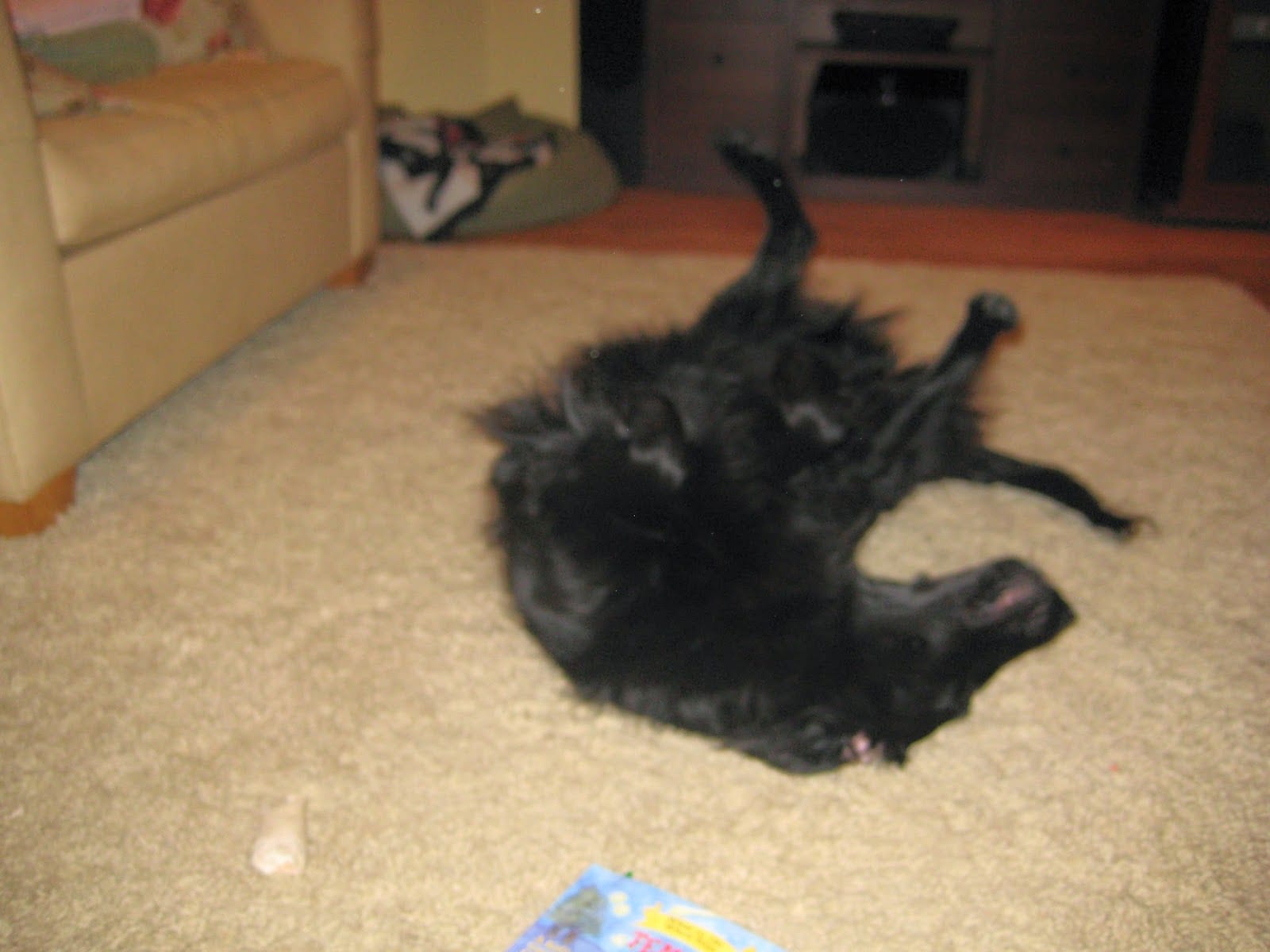I haven’t posted anything in a long time, but it isn’t for lack of material. There is so much going on in the world right now, from the shooting of Michael Brown in Ferguson, MO to the ongoing wars in Syria and the Gaza Strip and Ukraine to the CDC whistleblower coming out to say that statistically significant data sets were withheld from studies on the MMR vaccine over a decade ago. I’m exhausted and overwhelmed and saddened by the ongoing polarization I see every single day. That said, the fact is, I am guilty of adding fuel to the fire from time to time.
A very close friend of mine helped me realize that yesterday. I had posted a video on Facebook related to the CDC whistleblower case and remarked that the notion that a group of government scientists purposely omitting an entire set of data from a study was something I found horrifying. This friend of mine, whom I’ve known since we were 15, commented that she didn’t believe a word of it and went one step further to post a pretty snarky essay written by someone who not only doesn’t believe it, but resorted (in the first sentence of his piece) to name-calling and went on to write sarcastically and with true nastiness about “those people” who put any stock in this story.While my friend and I ultimately had a very civil (very public) discourse about the issue, I was prompted to recognize that the video I posted was incendiary and I spent a great deal of time thinking about how I could have done it differently throughout the rest of the day.
On a very related topic, there was a study published in the New York Times that made its way around Facebook yesterday stating that most people are not willing to post controversial things online for fear of creating debates that might turn ugly. My concern is not that people won’t post those things, but that when they do, they are fully unprepared to have a respectful exchange of ideas with regard to them and it quickly devolves into hateful rhetoric where there are more answers than questions.
When I meet people in my daily life who are utterly convinced of their own positions on everything, I am prompted to steer clear. Anyone who says to me that they know that something is absolutely true is someone who hasn’t asked enough questions. Anyone who is willing to disregard any new theory that might raise an area for further study because they think we know enough isn’t someone I need to talk to. I am most often amazed by folks with very little scientific background or training beyond high school biology or chemistry classes who are steadfast in their determination that some ultimate truth has been proven somewhere and everyone who disagrees ought to just be quiet now. I am wary of folks who assume that deeper inquiries are a personal challenge or that they are altogether unnecessary.
The video I posted was designed to be incendiary and attention-grabbing and even, perhaps, fear-mongering and that is something that I have spoken out against many times in the past. I can see how my posting it would seem to be an endorsement of these tactics and, for that, I apologize. But I will never apologize for continuing to be inquisitive, for keeping an open mind and struggling to understand why any scientist worth his or her salt would choose to avoid asking or answering certain questions. I will never apologize for believing that corporate interests ought to be kept as far from scientific discovery and testing as possible for fear that they will create undue influence. And I will never apologize for supporting others who are simply asking that their questions and hunches and parenting instincts be taken into consideration by those who could potentially make a difference. We can be stronger and smarter together forever, but only if we start listening with the express goal of understanding each other instead of simply waiting our turn to spout our own position. If you can’t be bothered to read an entire article or essay (or watch the whole video) without assuming you know what I’m trying to say and responding with dismissive, sarcastic, snarky comments or name-calling, then you don’t deserve to be part of the conversation and you probably don’t want to, anyway. I suspect you’re just angling to be “right” about something and I’m not interested.





